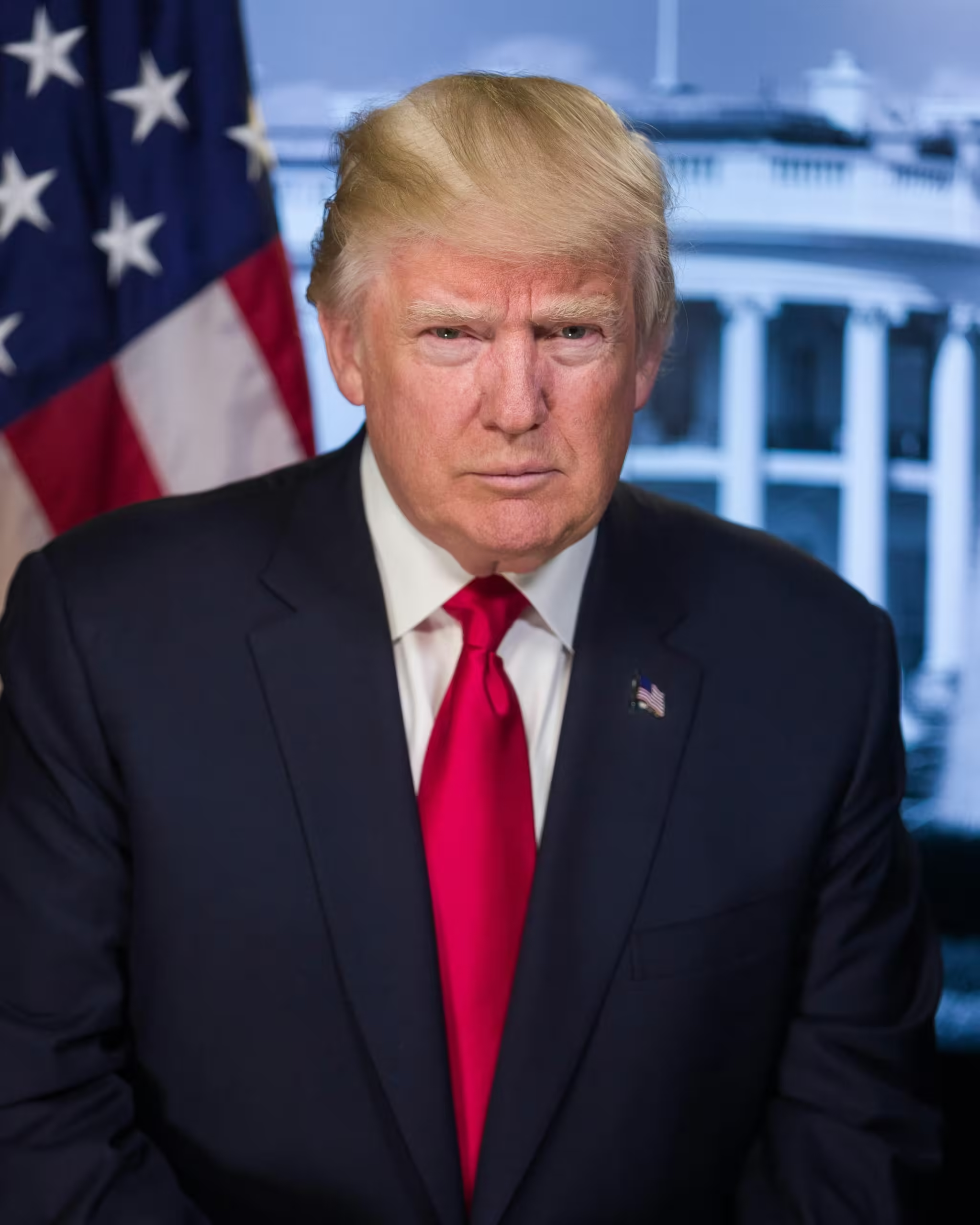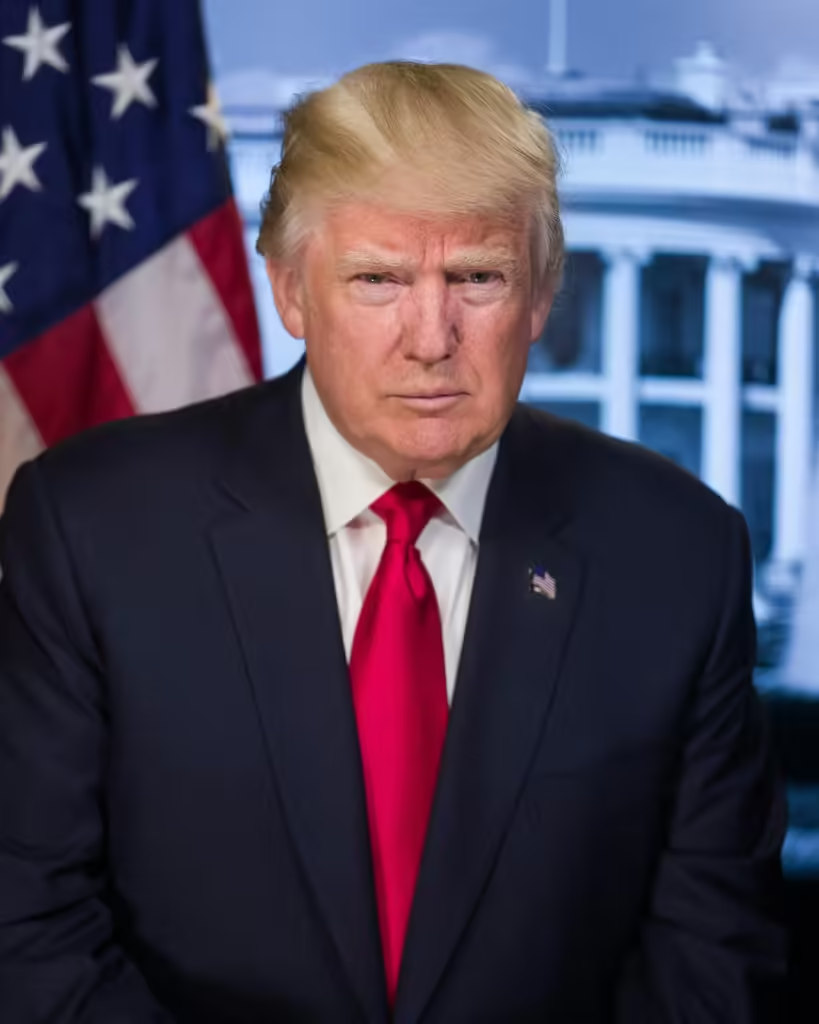Proposed Changes to U.S. Citizenship Rules Under Donald Trump’s 2024 Victory: A Step-by-Step Overview

Step 1: Understanding Current Citizenship Law
Current Law Overview
Under the 14th Amendment of the U.S. Constitution, any child born on U.S. soil automatically receives U.S. citizenship, regardless of their parents’ immigration status. This has been a fundamental principle of American law for over a century and is widely regarded as a key feature of the country’s inclusiveness and diversity.
Step 2: Proposed Changes by Trump
Executive Order on Day One
Donald Trump has pledged to sign an executive order on his first day in office (January 20, 2025) that would alter the current rule of automatic birthright citizenship. The new policy would mandate that at least one parent must be a U.S. citizen or a lawful permanent resident in order for their child to automatically acquire U.S. citizenship. This proposed change is aimed at addressing concerns about “birth tourism,” where individuals travel to the U.S. Specifically, to give birth and ensure their child gains citizenship.
Step 3: Implications for Families
Impact on Immigrant Families
If implemented, this change could have a profound impact on many immigrant families, particularly those who are undocumented or waiting for green cards. Children born to parents without legal status would no longer automatically qualify for citizenship, creating uncertainty and challenges for these families in securing legal status.
Specific Impact on Indian Immigrants
The Indian-American community, which includes many individuals caught in lengthy green card backlogs, could be particularly affected.
Step 4: Legal Challenges Expected
Anticipated Litigation and Legal Opinions
Legal experts predict that Trump’s executive order will face significant challenges in court. Immigration advocates argue that altering birthright citizenship contradicts established interpretations of the 14th Amendment. Legal battles are expected to intensify, with potential litigation taking place in federal courts.
Potential Supreme Court Case
If the executive order is enacted, it could lead to a landmark Supreme Court case that tests the limits of presidential power over immigration policy and constitutional interpretation. This case could have long-lasting implications for U.S. immigration law and the concept of birthright citizenship.
Step 5: Broader Immigration Policy Changes
Stricter Immigration Controls
Beyond changes to birthright citizenship, Trump’s administration plans to implement stricter immigration policies overall. This includes mass deportations and heightened scrutiny of visa applications. These measures could create a more challenging environment for immigrants seeking to enter or remain in the U.S., further complicating the path to legal residency and citizenship.
Step 6: Community Reactions and Concerns
Widespread Concern Among Immigrant Communities
The proposed changes have raised significant alarm among immigrant communities, particularly those who rely on family reunification pathways. Many fear that these new rules will further complicate their ability to secure residency and citizenship for their children, adding another layer of uncertainty to their already complex immigration situations.
Step 7: Conclusion and Future Outlook
A Significant Shift in Immigration Policy
As Trump prepares to take office again, the anticipated changes to U.S. citizenship laws signal a substantial shift in immigration policy that could impact countless families across the nation. The outcome of these proposals will profoundly shape the future of immigration in the United States and affect its diverse citizenry.
Impact on Immigrant Families and America’s Future
While Trump’s proposed changes aim to address certain concerns regarding immigration and citizenship, they also raise significant questions about fairness, legality, and the implications for families across America. As discussions unfold and legal battles loom on the horizon, many American families—especially those from immigrant backgrounds—will be closely watching these developments with hope and concern about their future in a country they call home.
The United States 47 : Embracing Change and Progress at a Crucial Powerful Moment

Photo by Library of Congress on Unsplash





4 thoughts on “Proposed Changes to U.S. Citizenship Rules Under Donald Trump’s 2024 Victory: A Step-by-Step Overview”